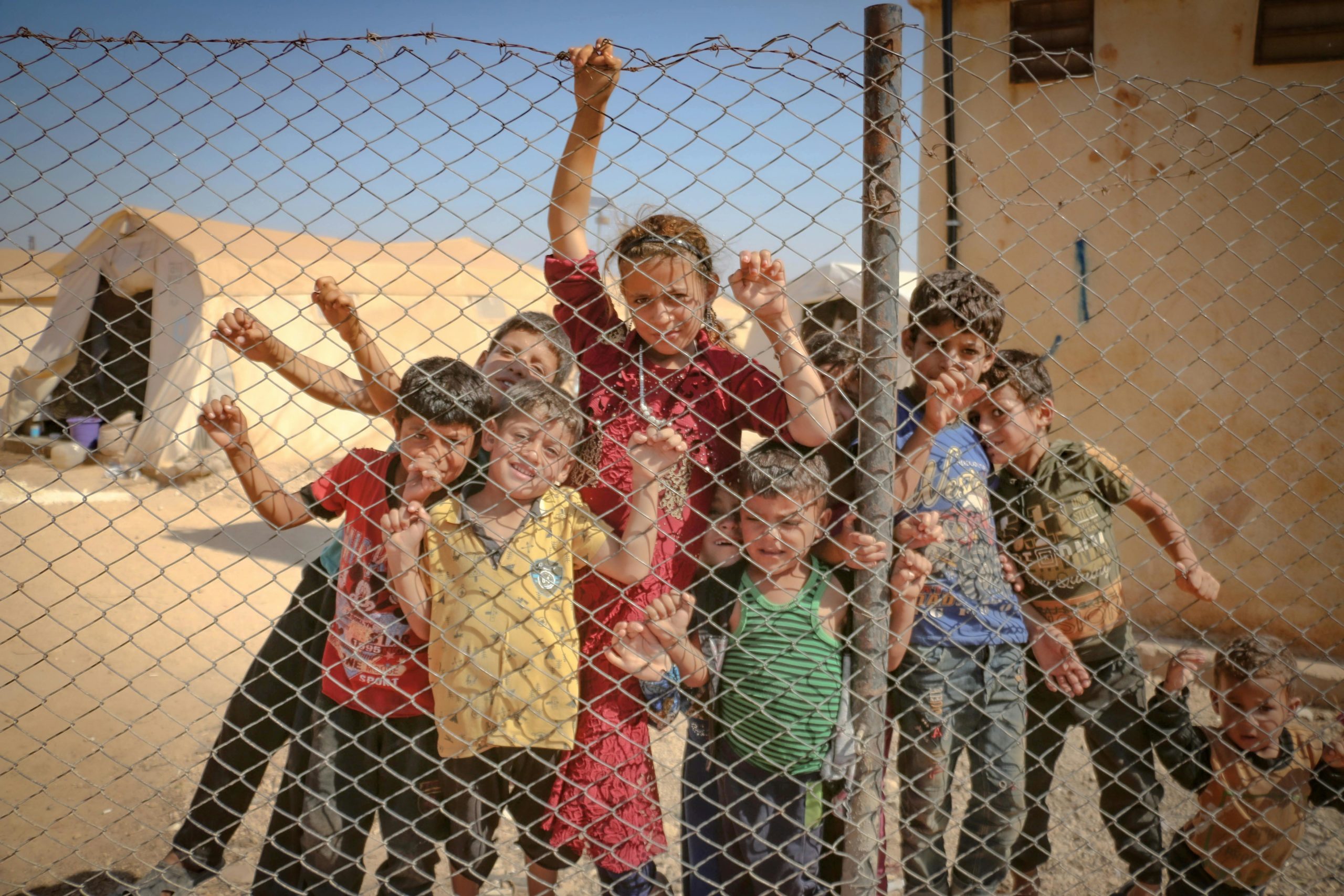Original article (in Slovenian) was published on 06/11/2024; Author: Manca Vertačnik
The Ministry of the Interior explained that under EU law, the member state where an applicant first lodges an application for international protection is responsible for examining it, but every member state must examine any application lodged on its territory.
Slovenian Democratic Party lawmaker Andrej Poglajen argued at a 13 November session of the Foreign Policy Committee that a person seeking asylum has the right to submit an application for international protection in the first safe neighbouring country, but not in a country that is thousands of kilometres away from their country of origin.
He was referring to the accommodation of ten severely injured Palestinian children and adolescents at the University Rehabilitation Institute Soča, who had arrived from Egypt on 13 October.
The Ministry of the Interior explained to Razkrinkavanje.si that “these children and their guardians submitted their first application for international protection in Slovenia.”
They also explained that the basic principles of the processing of applications for international protection in Slovenia are regulated by the Act on International Protection, which “does not specify which EU member state is responsible for processing an application.”
Which country is responsible for examining an application is determined in an EU regulation adopted in 2013. According to this regulation, the EU member state on whose territory an applicant first lodges an application is responsible for examining an application for international protection, which means that countries are obliged to examine any application lodged by an applicant on their territory.
The Ministry further explained that under the Act on International Protection, applicants who are minors are considered “a particularly vulnerable group, especially if they come from areas such as Gaza.” They are subject to specific procedural criteria which ensure that their interests are protected in international protection procedures and are based on a “comprehensive understanding of the needs and rights of minors”.
We have informed lawmaker Poglajen of our findings and will publish his response when we receive it.
His claim that a person seeking asylum has the right to do so only in the first safe neighbouring country, not on the other side of the world, thousands of kilometres away, is not true.



